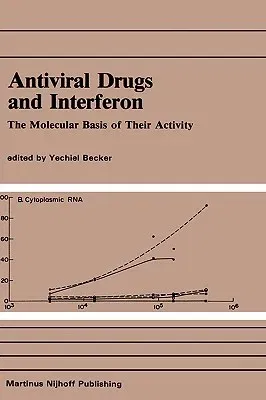Research on antiviral drugs and their mode of action in infected cells.
in animals and in man. has led to a better understanding of the
molecular pro- cesses involved in virus replication. Screeninq of large
numbers of natural and semisynthetic compounds resulted in the
characterization of certain sub- stances that had a limited efficiency
as antiviral druqs. A few chemically synthesized compounds were also
found to be effective as antiviral agents in the chemotherapy of human
virus diseases. A major difficulty in the develop- ment of effective
antiviral agents has been the lack of selectivity. and toxicity for
uninfected cells. of drugs that effectively inhibited virus replication
in vitro. Further understanding of the molecular processes of virus
replication in infected cells has resulted in the development of new
antivirals directed at virus-coded enzymes or proteins. Recent studies
on antivirals that are activated by the herpes simplex virus type
l-coded thy- midine kinase from a prod rug to an antiviral drug have
opened new directions in the development of effective antiviral drugs.
The present book deals with a number of antiviral drugs effective
against herpes simplex viruses and provides some insight into the
molecular aspects of virus replication. It also throws light on the new
approaches to the development of antiviral drugs. The molecular basis of
the antiviral activity of new and known drugs and their possible use in
chemotherapy of viral disease are presented in this book.

